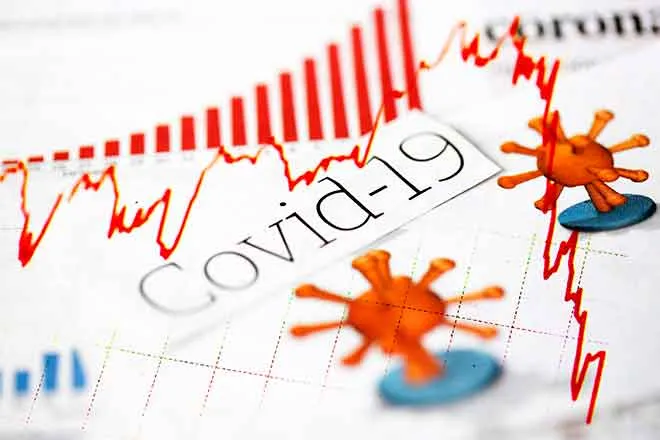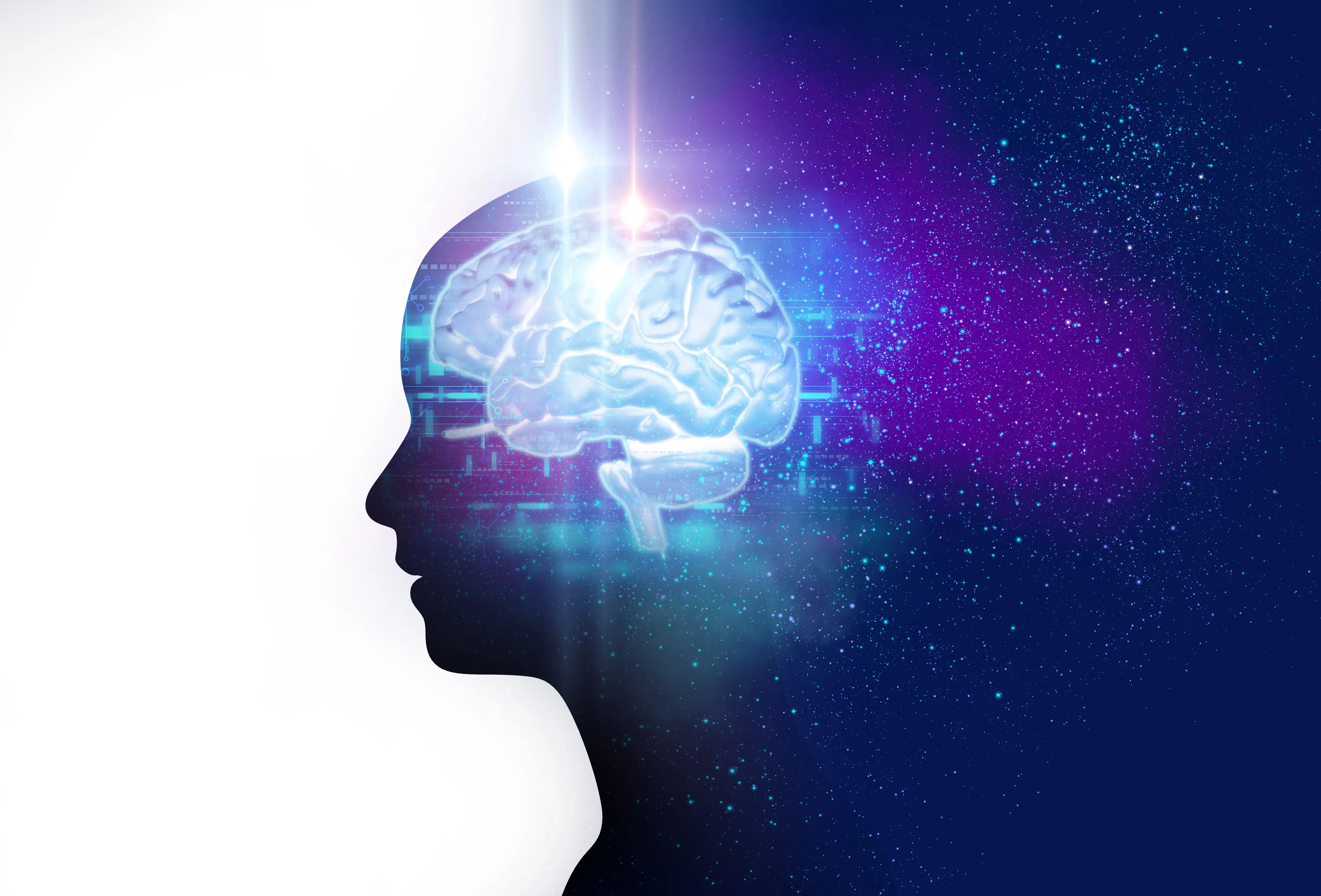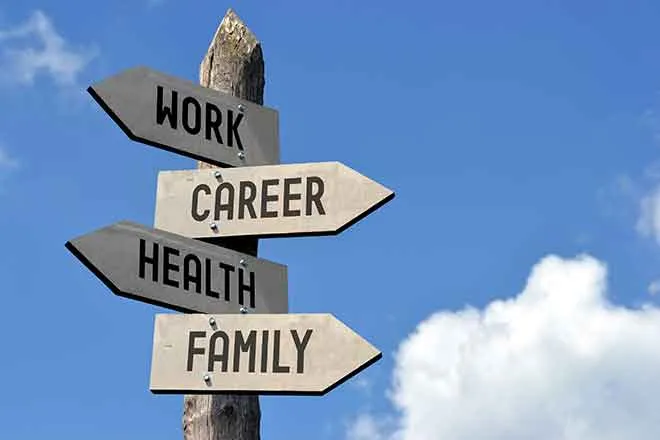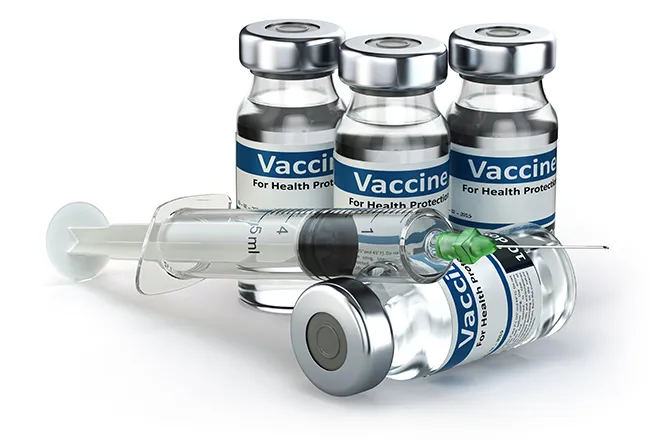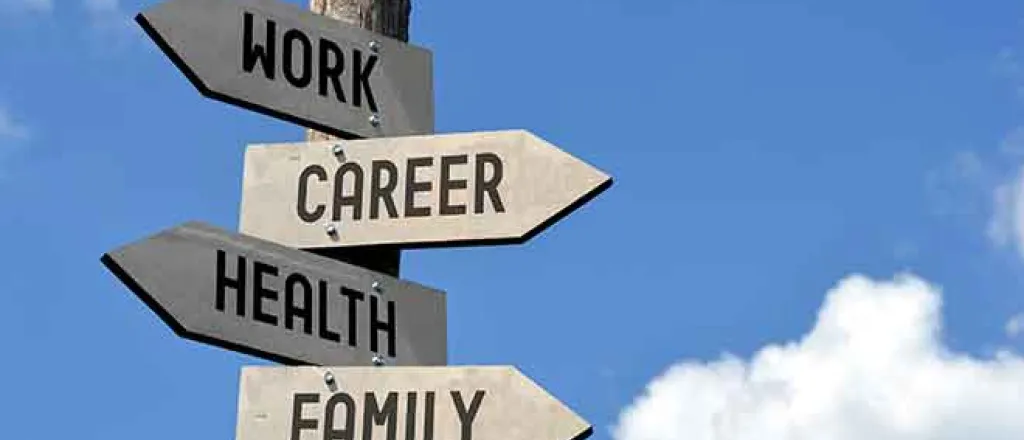
Mental Health and Coping with Traumatic Events
Psychological trauma is an emotionally painful, shocking, stressful and sometimes life-threatening experience. It may or may not involve physical injuries and can result from the impact of distressing events. These situations may also be natural disasters such as a tornado or earthquake. The events can also be human caused from a car accident, crime, or terror attack.
National Institute of Mental Health (NIMH) researchers explore the factors that help people cope and the factors that increase their risk for problems following the event
Warning Signs
There are many different responses to potentially traumatic events. People may have an intense response immediately following a traumatic event or the response may occur several weeks or months later. These responses can include:
- Feeling anxious, sad, or angry
- Trouble concentrating and sleeping
- Continually thinking about what happened
For most people, these are normal and expected responses and generally lessen with time. Healthy ways of coping in this time period include avoiding alcohol and other drugs, spending time with loved ones and trusted friends who are supportive, trying to maintain normal routines for meals, exercise, and sleep. In general, staying active is a good way to cope with stressful feelings.
However, in some cases, the stressful thoughts and feelings after a trauma continue for a long time and interfere with everyday life. For people who continue to feel the effects of the trauma, it is important to seek professional help.
Physical responses to trauma may also mean that an individual needs help. Physical symptoms may include:
- Headaches
- Stomach pain and digestive issues
- Feeling tired
- Racing heart and sweating
- Being very jumpy and easily startled
Those who already had mental health problems or who have had traumatic experiences in the past, who are faced with ongoing stress, or who lack support from friends and family may be more likely to develop stronger symptoms and need additional help. Some people turn to alcohol or other drugs to cope with their symptoms. Although substance use can temporarily cover up symptoms, it can also make life more difficult.
Adults and Children or Teens Often Have Different Reactions to Trauma
Each year, children experience violence and disaster and face other traumas. Young people are injured, they see others harmed by violence, and they lose loved ones or witness other tragic and shocking events. Parents and caregivers can help children overcome these experiences and start the process of recovery.
- Children age five and under may react in a number of ways including:
- Showing signs of fear
- Clinging to parent or caregiver
- Crying or screaming
- Whimpering or trembling
- Moving aimlessly
- Becoming immobile
- Bedwetting
- Being afraid of the dark
- Children age 6 to 11 may react by:
- Isolating themselves
- Becoming quiet around friends, family, and teachers
- Having nightmares or other sleep problems
- Refusing to go to bed
- Starting fights
- Being unable to concentrate
- Refusing to go to school
- Complaining of physical problems
- Developing unfounded fears
- Becoming depressed
- Doing poorly with school and homework
- Losing interest in fun activities.
- Adolescents age 12 to 17 may react by:
- Having flashbacks to the event (flashbacks are the mind reliving the event)
- Having nightmares or other sleep problems
- Avoiding reminders of the event
- Using or abusing drugs, alcohol, or tobacco
- Being disruptive, disrespectful, or behaving destructively
- Feeling isolated or confused
- Losing interest in fun activities
- Having suicidal thoughts.
For general information on mental health and to locate treatment services in your area, call the Substance Abuse and Mental Health Services Administration (SAMHSA) Treatment Referral Helpline at 1-800-662-HELP (4357). SAMHSA also has a Behavioral Health Treatment Locator on its website that can be searched by location



